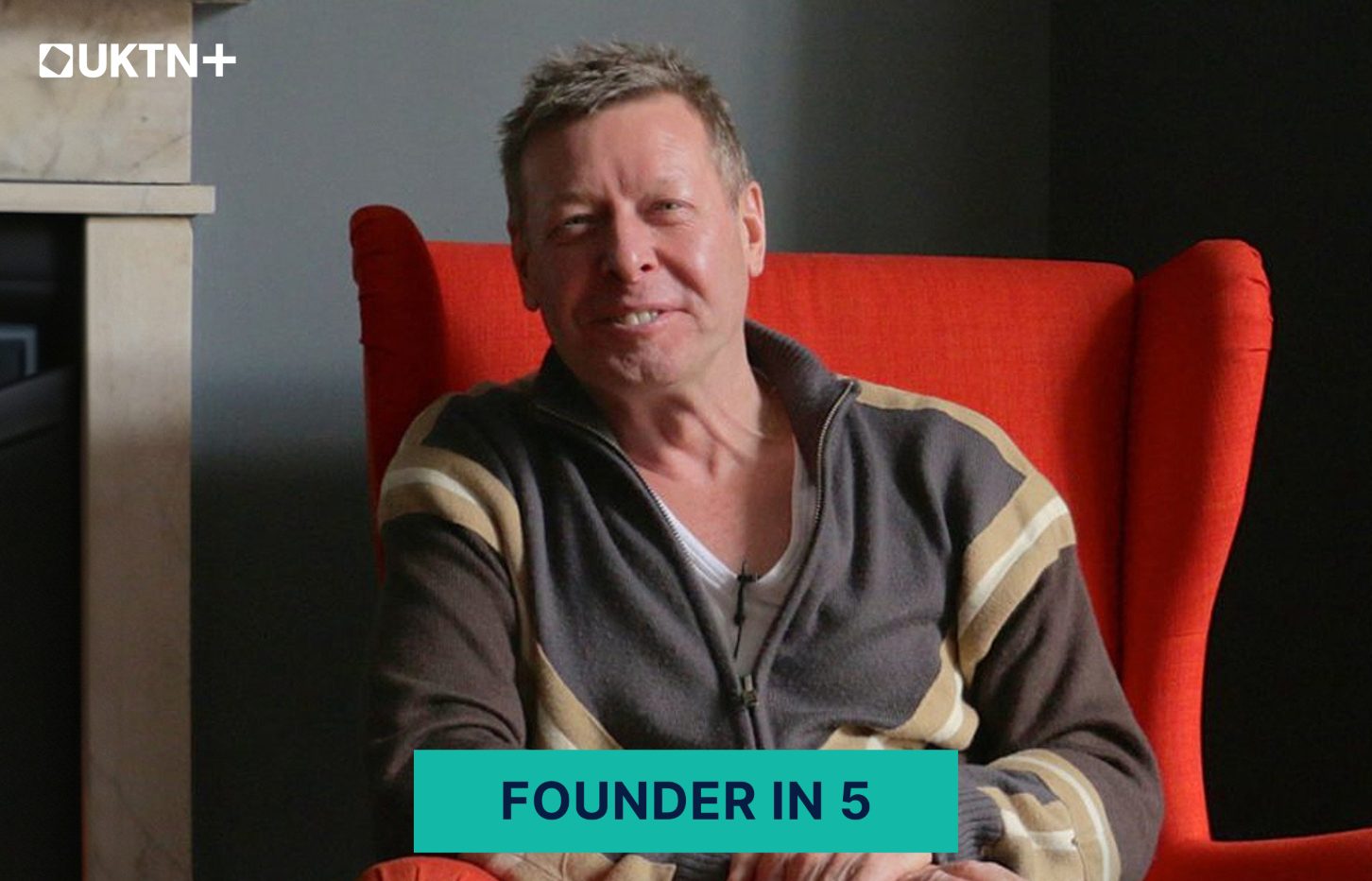Keith Lewin is the founder and chairman of PostTag, a company providing precise address data to delivery and taxi businesses.
Founded in 2016, PostTag has created software that it says processes over 3,000 address validations every minute to provide “precise longitude and latitude details”.
Because this data is more precise it means companies can save time and complete more deliveries or pickups, along with reducing CO2 emissions, according to PostTag. Its customers include taxi firm Addison Lee, courier service Evri and pizza delivery company Domino’s.
The London-headquartered company, which employs 15 staff, has raised £4m in funding.
In this week’s Founder in Five Q&A, Lewin explains why startups shouldn’t hire like a corporation, unpacks what’s hindering the delivery sector’s transition to electric, and shares what advertising and entrepreneurship have in common.
1. What one thing do you wish you’d done differently when launching your company?
Keith Lewin: If I could give my past self one piece of advice, it would be ‘don’t behave like a corporate, behave like a startup’. I come from a corporate background and so does most of my team – so when we first started out, we hired like a corporation would.
We brought in the wrong sales team: they were polished and slick, but they weren’t disruptors. It just didn’t work. The way to cut through as a disruptive startup is to behave like one. We learned quickly and adapted, but if I had to do it all over again I’d learn quicker.
2. What’s a common mistake that you see founders make?
KL: In one word: assumptions. I’ve seen plenty of pitch presentations from other startups and some founders don’t realise assumptions are your enemy. So many founders have their finger on their own pulse, but they forget about taking the pulse of the market.
This is a one-track route to inventing a product that solves a problem no one else experiences. The market needs to be at the heart of everything you do: design the product for the market, not for yourself. Just because you or your business partner thinks your product is the best thing since sliced bread, don’t assume everyone else does. Always ask questions of yourself and of the market: curiosity is what will get you to the ‘next big thing’.
3. What’s a fact about yourself that people might find surprising?
KL: My background is in advertising: prior to founding PostTag, I worked as an ad strategist for big corporate agencies like McCann-Erickson, WPP, and BBDO. While I was mostly involved in FMCG work, I also worked on some charity campaigns. As part of this, my team designed a strategy for a charity working to end child prostitution in Asian Territories where the perpetrators get off scot-free on their return to Europe. This campaign resulted in a law change that led to the arrest of Gary Glitter, among many other criminals.
I’m often asked what advertising and entrepreneurship have in common. The most valuable word in the English language is ‘why’ – the ability to interrogate a problem until you get to the answer is a crucial skill you learn in advertising. Why does the law allow these loopholes? Why are so many deliveries going missing? Why can’t drivers find the right address the first time? Why aren’t businesses waking up to the fact they are losing a lot of money? Asking ‘why’ and finding solutions is the common thread to get to the bottom of a problem.
4. Excluding your own, what’s a sector that’s ripe for disruption?
KL: One sector that will need to massively transform over the next ten years is electric vehicles, and specifically EV charging. The whole electric vehicle charging industry is so focused on cars that they’re forgetting about vans. Some supermarkets have even made the move to ban electric delivery vans from charging in their car parks because they block three or four bays that could be used by customers’ electric cars. So what’s incentivising delivery companies to transition to electric?
There are millions of delivery vans on UK streets today, and the only reason companies can’t transition this fleet to EV is because drivers would have really limited options for charging. This disrupts delivery routes and means these vehicles aren’t commercially viable. We’re on a mission to make the whole delivery industry greener, and we want to tackle this next: watch this space.
5. Which role was the most important early hire you made?
KL: The answer to this isn’t one single hire: it’s an entire team. My whole CEO and CTO team have been crucial, not only for skillset – but mindset. My initial location precision product before the team came on board was full of friction. It was like our competitors’ products now, requiring customers to ‘do the work for you’ by remembering unique combinations of words and numbers.
When the C-suite team came on board, they convinced me that any point of friction on the customer’s journey to the ‘buy now’ button simply wouldn’t work. And so today’s PostTag – a product so frictionless that customers don’t even know they are using it – was born.
Founder in Five – a UKTN Q&A series with the entrepreneurs behind the UK’s innovative tech startups, scaleups and unicorns – is published every Friday.
The post PostTag founder: Startups, don’t hire like a corporate appeared first on UKTN.


